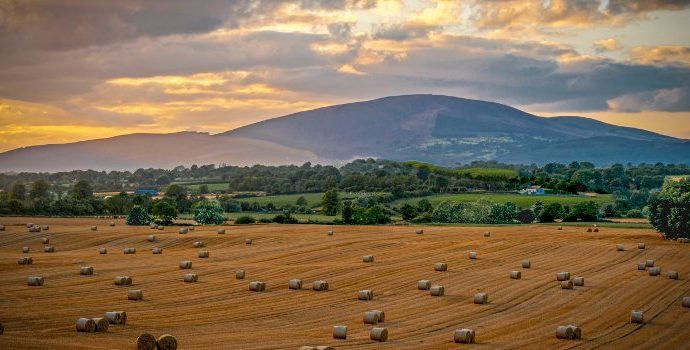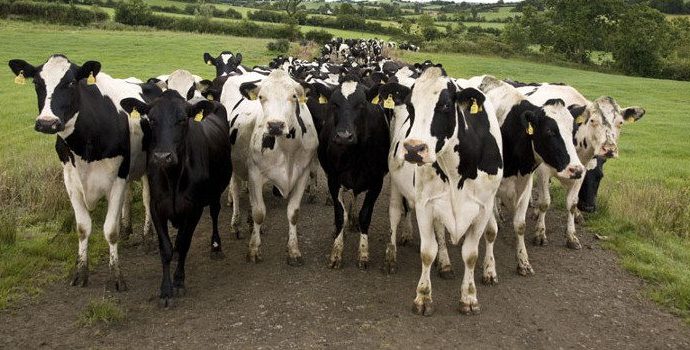Amendments Required to New Forestry Programme 2014-2020 to Restore Confidence in the Private Forestry Sector

Chairman IFA Farm Forestry Committee, Michael Fleming said that ‘Private forest owners account for 47% of forests in Ireland and therefore have a key role to play in the sector. It is vital that a number of amendments are made to the Consultation Paper on the New Forestry Programme 2014-2020 to encourage private sector involvement in the industry.’
Over the past 5years confidence in the private forest sector has been severely eroded. The main factors contributing to this include; Introduction of USC charge on forestry grants and premiums, introduction of PRSI, introduction of the €80,000 tax threshold, Reduction of premiums rates.
‘The introduction of the above measures have affected farmer’s attitude and approach to forestry in Ireland. This is clearly reflected in the recent planting figures. Planting has failed to surpass 6,500hectares for the past 3 years, despite funding being allocated for 7,000hectaes each year. In fact, 2013 was the lowest planting year since the late 80’s. The new planting targets set out aim to plant 10,000hectares in 2015 and 15,000ha in 2016 and onwards. Without modification to the proposed Forest Programme 2014-2020, this will not be possible’, Mr. Fleming added.
IFA have included a number of proposal amendments which would make the New Forestry Programme more successful and incentivise farmers to enter into forestry, in addition to regaining the confidence of current private forest owners in Ireland.
Mr. Fleming said, ‘It is vital for farmers that the premium payments are maintained over a 20 year period, with an increase in the value of premiums to compensate for the introduction of taxation measures. Farmers must also be assured that the value of premiums are index linked.’
IFA also strongly oppose the proposal to replace the farmer and non-farmer rates with a single rate. It is critically important that farmers continue to receive premiums as a tax free incentive.
Mr. Fleming stated that ‘IFA agree that investment in infrastructure is necessary over the coming years as the mobilisation of timber will increase significantly in the next 10-15years. However, the level of grant aid must be in line with the costs associated to construct a road. Farmers should also be entitled to restrict public access on forestry roads if there is any risks to themselves or their property.’
Under the New Programme a reconstitution scheme must be put on place for wind damage, particularly in light of the recent windblow events. Reconstitution should also be available for frost damage, pest damage and fire damage.
There are a number of other areas which are not included in the consultation paper and IFA feel need to be addressed as they are a huge concern to private forest owners, including, digitisation, the structure of afforestation grants, the GLÁS Scheme and the setting up of an independent appeals system.
‘Forestry is a long term investment and a farmer must have confidence in the sector to convert farm land to forestry. The cuts to forestry premiums, changes in the tax status of forestry income, reductions in supports and increased management costs due to environmental constraints have undermined confidence in recent years. In order to regain this confidence, the New Forestry Programme must be amended in line with IFA’s proposals’ Mr. Fleming concluded.




